Former South Carolina Gov. Nikki Haley faces what will probably be a game-changing primary race in her home state this week. With former President Donald Trump holding a considerable lead over her, this primary will be a make-or-break for her campaign.
Unlike the primaries in Iowa, New Hampshire, and Nevada, there is an element in this particular race that will have a significant influence on shaping the trajectory of the South Carolina primary: Black voters.
African Americans will play a substantial role in the high-stakes theater of the upcoming primary. Unfortunately for Haley, winning over a significant percentage of these voters is an uphill battle. Indeed, black Americans do not appear to be on board the Haley train as evidenced by a recent story detailing chatter on social media with black users.
In South Carolina, Haley’s campaign is trying to reach out to Democrats and independents via mail and blast text messages. (The state, like New Hampshire, has an open primary system that allows Democrats and independents to vote in the Republican contest.)
That outreach, however, could be backfiring on Haley.
“Nikki Haley on behalf of all of us, lose our number,” a South Carolina Democratic voter named Debari Barber posted Friday on Facebook.
That post touched a nerve among fellow black voters, Democrats, and independents, prompting 2,100 favorable shares and 530 supportive comments before Barber made it private. The volume of the response was unexpected for Barber, a 41-year-old banking analyst who told The Bulwark she just wants the Haley spam to stop. Barber said she keeps replying “stop” to the messages and blocks the number, only to have a new phone number text her more pro-Haley content.
“My cousin’s son is only 12 and he keeps getting text messages and he started asking ‘Mama, who is Nikki?’ It’s just aggravating,” she said. “Take us out the group chat. We don’t want to be in it.”
The report further notes that “about two-thirds of the voters in South Carolina Democratic primaries are black, and among the least likely voters to cast ballots for Republicans.”
Other reports have also highlighted Haley’s difficulty in reaching black voters, noting the skepticism toward the candidate.
“But Ms. Haley’s relationship with Black voters, a key Democratic faction in the state, has been long fraught. Her presidential bid has only increased their skepticism, casting further doubt on significant partisan crossover on Saturday.”
“She cast her lot in a very conservative, most right wing Republican Party when she first ran for office. She made no outreach to the African American community,” said the Rev. Joseph A. Darby, the former first vice president of the South Carolina N.A.A.C.P. who helped lead the organization during Ms. Haley’s time as governor. “I never thought that she would be one who would reach out to the Black community in a meaningful way. And she has not disappointed me in that.”
In interviews, Black leaders and voters cited a number of reasons for their lack of support, including Ms. Haley’s years-ago refusal to expand Medicaid while in office and her support for a strict abortion ban. But it is perhaps her colorblind approach to issues of race and racism that appears to have turned off Black voters the most. Much like her previous campaigns in South Carolina, Ms. Haley has talked of the need to call out racism while downplaying the pervasiveness of racism in American institutions. She points to her own political rise to reject what she describes as a “national self-loathing.”
Haley’s unforced rhetorical errors regarding racial matters also haven’t helped her campaign. Earlier during the primary campaign season, she claimed that America “has never been a racist country,” a sentiment that was widely panned on both sides of the aisle due to its disregard for the nation’s history.
In another instance, Haley completely dropped the ball when faced with a question about the impetus behind the Civil War. Instead of highlighting the role slavery played in the start of the war, she stammered and failed to give a cogent response. She made it even worse when she later made the dubious claim that the voter who asked the question was a “Democrat plant.”
Needless to say, if Haley were to have a chance at making a decent showing in her home state, she would have had to earn the trust of a significant chunk of black voters, an endeavor that the candidate does not seem to have prioritized over the course of the presidential primary race. Indeed, using text messages at this point is too little, too late.
What is interesting about Haley’s relationship with black South Carolinians is the fact that she garnered praise in 2015 for removing the Confederate flag from State House grounds after the racially motivated Charleston church mass shooting.
Of course, it is also worth noting that even if Haley had put enough effort into winning over black voters in the primaries, it still might not have been enough to turn out a formidable performance against Trump, who is currently leading her 61.8 percent to 36.5 percent in South Carolina according to the latest RealClearPolling survey. Nationally, it’s looking even worse for Haley with Trump leading her 75 percent to 17.1 percent.
As stated previously, this primary is make-or-break for Haley, who is the last serious challenger to Trump, and will determine whether she will throw in the towel or continue her Quixotic bid for the GOP nomination.
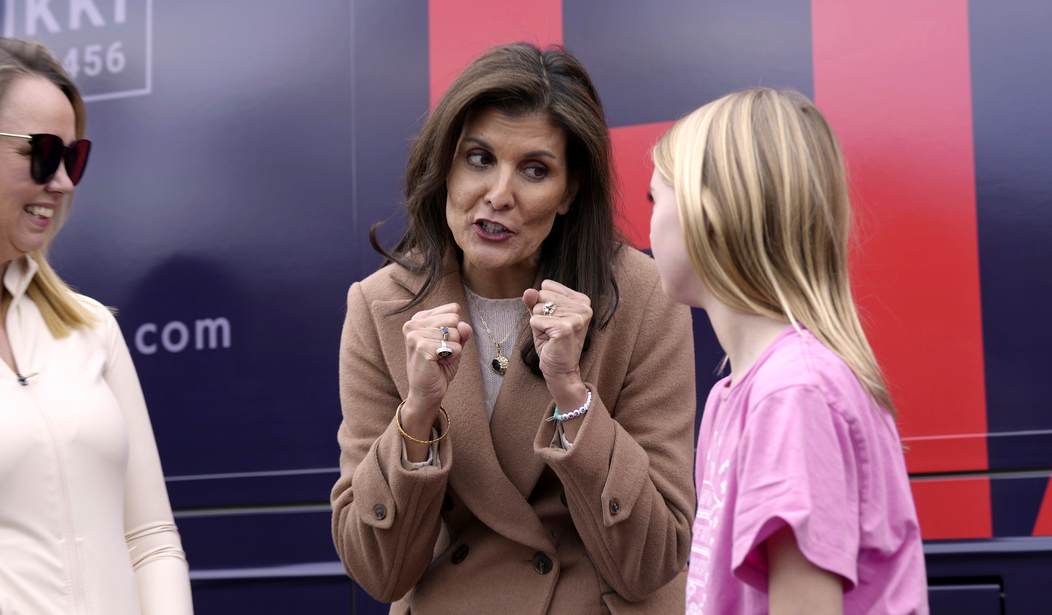
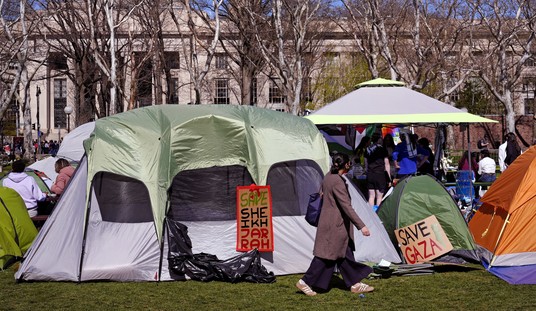

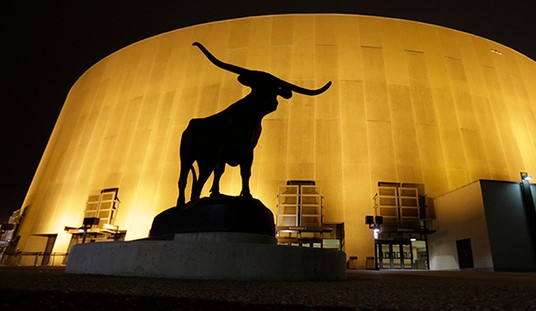
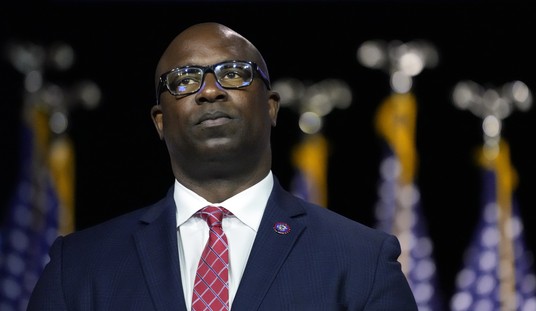
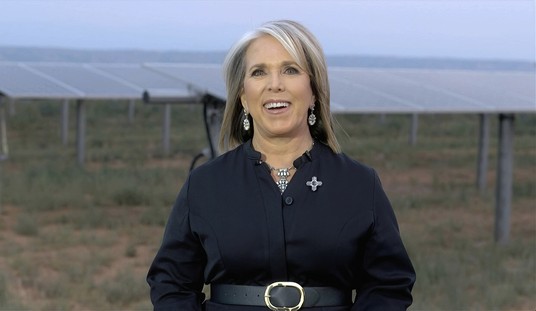


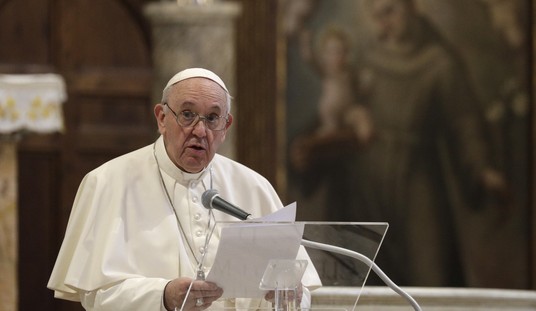
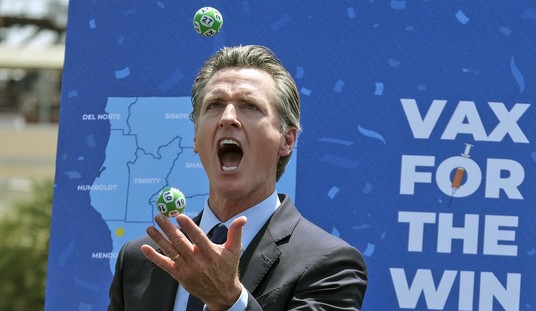

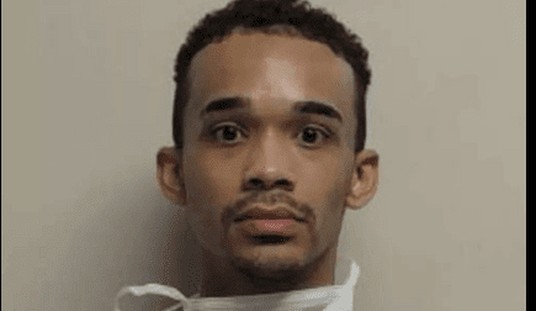
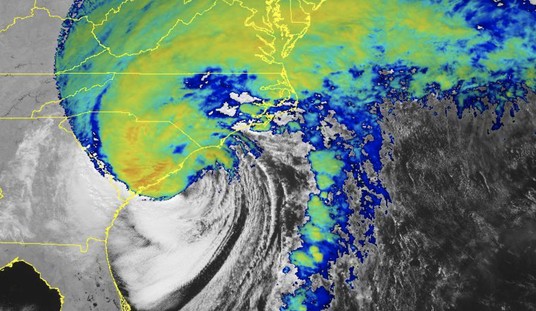

Join the conversation as a VIP Member